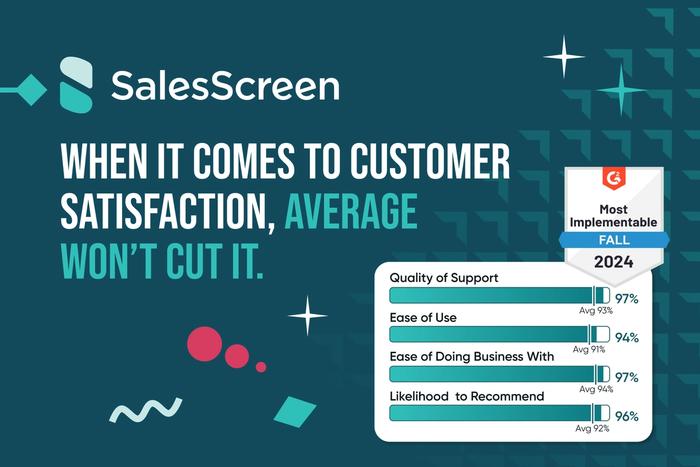Love them or hate them, at some point, almost every sales manager has to fill out a PIP. “Performance improvement plans” are a staple of offices everywhere, often seen as necessary by human resources departments and a necessary evil by managers. But for Millennial and GenZ workers, who are motivated by a culture of ongoing feedback and recognition, PIPs are outdated and unwelcome. So, is it time to kill the PIP?
PIPs are typically the result of poor performance and while quarterly reviews may be the norm, they’re seen as out-of-touch by younger employees. 74 percent of GenZ and younger Millennials want more immediate and frequent feedback on their performance, compared to 57 percent of older workers.
This doesn’t mean you should eliminate those quarterly reviews. Far from it! Companies still need them for benchmarking, promotion evaluations, and due diligence. But more frequent review sessions give managers the opportunity to set and adjust expectations before a seller’s performance craters, leaving your whole team short of their goal. And they give reps a fighting chance at making incremental improvements instead of having to turn the Titanic.
Here’s how you can avoid the PIPs that can demotivate and demoralize your team.
Create a culture of constructive feedback
Weekly or bi-weekly one-to-one check-ins can help ensure you and your reps are on the same page and working toward the same goals. Do they have enough prospects? Are they hitting call and email benchmarks? These quick meetings give your team the opportunity to ask for any help they may need to meet their goals.
More frequent feedback also helps your team feel more engaged and productive in their work. In fact, employees who receive meaningful feedback from their manager are four times more likely to be engaged at work, according to a recent Gallup survey.
Set your sellers up for success
PIPs are all about improving performance, so be direct with your feedback and transparent about your expectations. What do you need to see from this position, and how, specifically, are your expectations not being met? What you think is poor performance may just be poor communication, so it’s important to outline how you, as a manager, would like to stay informed and involved.
If you identify areas where your rep isn’t performing their best, it’s important to give them a clear picture of success and a path to get them there. Maybe they’re not following up on emails or not completing their outbound calls. What specific steps can they take to meet their goals? How will you, as their manager, help them succeed? Clear goals and expectations set on both sides help employees feel supported through the review process.
Evaluations should be a two-way street
Whether you’re doing an annual or weekly review session with your reps, it’s important to remember that evaluations shouldn’t be one-sided. Managers should be open to feedback on how they are performing both as a leader and supporter.
Just as you have expectations for your employees, they should have some for you. Have you given them the tools they need to succeed? Are you available for direction or call coaching? Are there organizational roadblocks that keep your reps from succeeding? Encouraging feedback on your performance will help both you and your reps. As a manager, you will learn how to better support your team, and, in turn, your team will have the resources they need to improve performance.
Recognize employees to keep them motivated
When performance is questioned, it’s easy for employees to feel demoralized and unmotivated to improve if they think their PIP is just a drawn-out termination. If one of your reps is on an improvement plan and has turned the corner, it’s important to recognize their efforts.
According to research from OfficeVibe, 69 percent of employees say they would work harder if they felt their efforts were better recognized. Call them out during company meetings for the great job they’re doing on a deal, or send them an email telling them you’ve noticed positive changes and encourage them to keep it up. It’s your job as a manager to help your employee bounce back from poor performance, and recognition can go a long way in terms of motivation.










